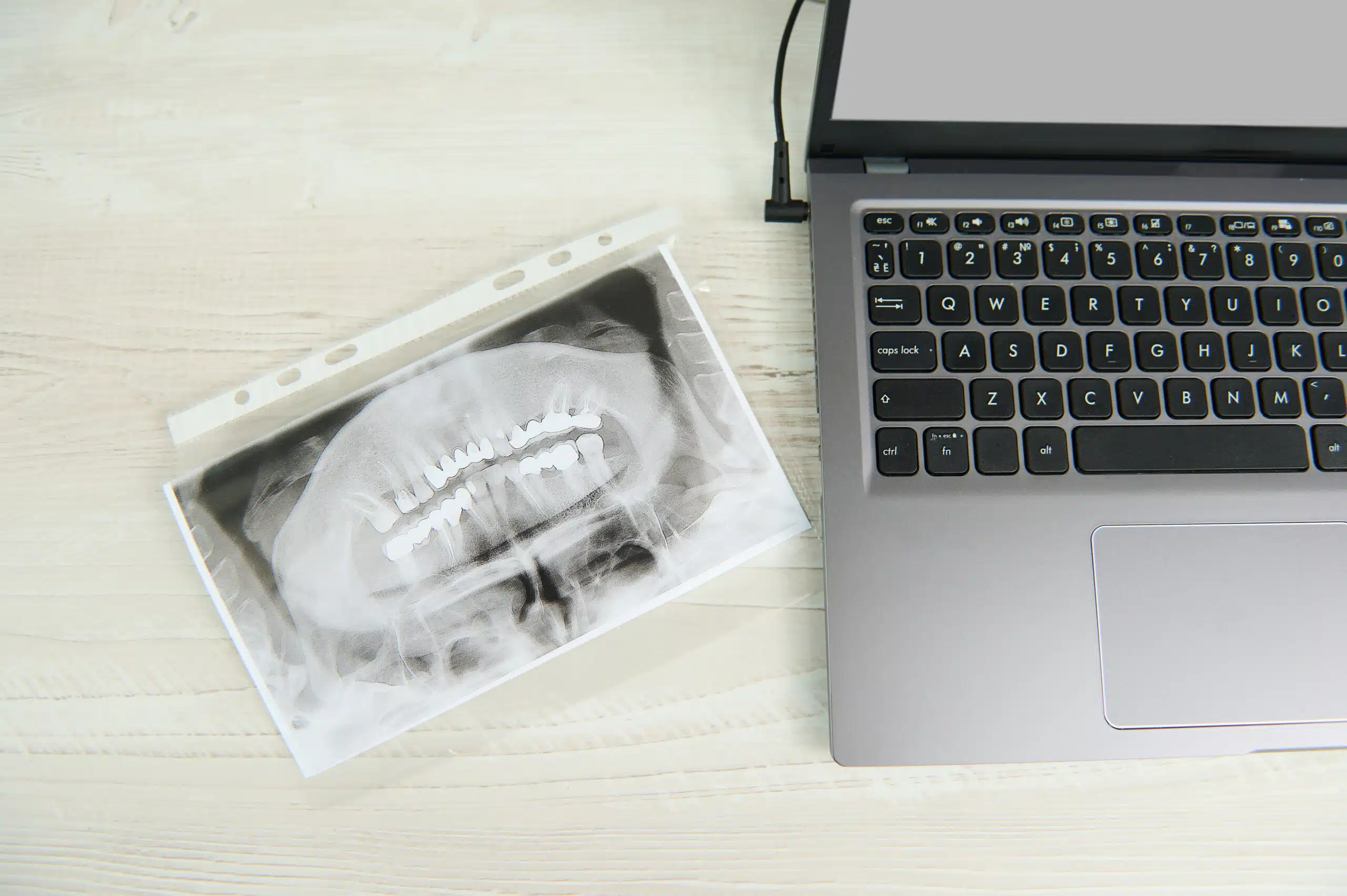The process of buying or selling a dental practice involves intricate financial considerations. Dental practice financing options play a pivotal role in facilitating a successful transaction for both buyers and sellers. This article explores various financing avenues available to dental practice buyers and sellers, enabling them to navigate the financial aspects of the transaction with confidence.
For Buyers:
1. Traditional Bank Loans: Traditional bank loans remain a common financing choice for dental practice buyers. These loans typically require a down payment, collateral, and a robust credit history. Buyers collaborate with banks or financial institutions to secure funds for the purchase, with terms and interest rates determined by factors like creditworthiness and collateral.
2. Small Business Administration (SBA) Loans: SBA loans are backed by the U.S. Small Business Administration and are designed to support small businesses, including dental practices. These loans often feature favorable terms, including lower down payment requirements and extended repayment periods. SBA loans offer an attractive financing avenue for buyers who might not meet the stringent criteria of traditional bank loans.
3. Private Financing: Private financing involves securing funds from private investors, such as family members, friends, or individuals interested in investing in the dental practice. Private financing offers more flexibility compared to traditional loans, as the terms can be negotiated directly. However, it’s essential to meticulously evaluate interest rates, repayment terms, and the potential impact on personal relationships.
For Sellers:
1. Owner Financing: Owner financing is an arrangement in which the seller acts as the lender, providing financing to the buyer. This approach can expedite the sales process and generate interest income for the seller. Negotiations determine the terms, including interest rates, repayment period, and down payment.
2. Seller-Assisted Financing: Seller-assisted financing involves the seller aiding the buyer in securing financing through conventional lenders or SBA loans. This can bolster the buyer’s chances of obtaining financing by leveraging the seller’s industry knowledge and experience, enhancing their credibility.
3. Earn-Out Agreements: Earn-out agreements involve a portion of the purchase price being contingent on the practice’s future performance. This arrangement allows the seller to receive additional payments based on specific performance targets, providing the buyer with a financing structure based on projected revenue and profitability.
4. Lease-to-Own: In a lease-to-own setup, the buyer leases the dental practice from the seller with the option to purchase it later. This approach permits the buyer to evaluate the practice’s potential before committing fully. Lease payments contribute to the eventual purchase price, making it an attractive financing solution.
Dental practice financing options are pivotal in facilitating seamless transactions for both buyers and sellers. Buyers can explore traditional bank loans, SBA loans, or private financing to secure necessary funds. Sellers can consider owner financing, seller-assisted financing, earn-out agreements, or lease-to-own arrangements to facilitate the sale. Both parties should meticulously assess their financial goals and select financing avenues that align with their circumstances. Seeking professional guidance from financial experts who specialize in dental practice transactions can provide valuable insights and ensure compliance with industry regulations.






